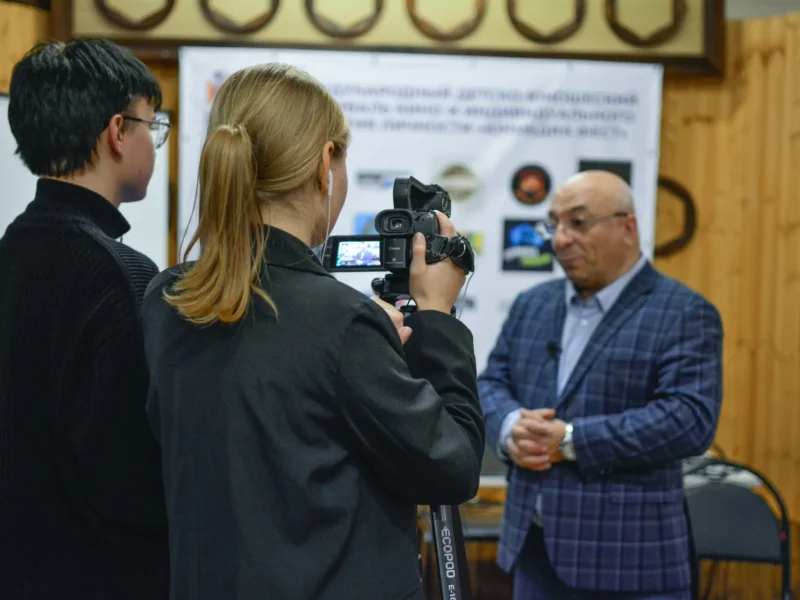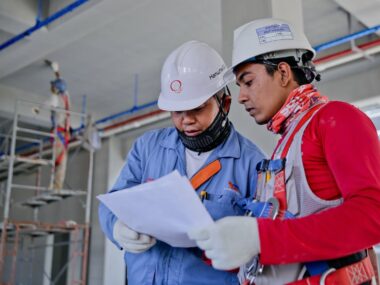In the vibrant tapestry of the United Kingdom, amidst its bustling cities and serene countryside, lies a story of resilience and hope — the narrative of refugees seeking solace and a fresh start. For those forced to flee their homelands due to conflict, persecution, or other dire circumstances, the journey to the UK represents not just a physical relocation but also a quest for rebuilding shattered lives. Central to this journey are skill acquisition programs designed to empower refugees with the tools they need to thrive in their new home.
Understanding the Journey of Refugees:
Before delving into the intricacies of skill acquisition programs, it’s essential to comprehend the journey undertaken by refugees. Imagine leaving behind everything familiar — home, community, and often loved ones — in search of safety and opportunity. The journey is fraught with challenges, both physical and emotional, as individuals navigate unfamiliar terrain, language barriers, and bureaucratic hurdles.
Arriving in the UK, refugees often face the daunting task of integration into society. Employment, housing, education, and healthcare become paramount concerns. However, amidst these challenges lies an opportunity for growth and empowerment through skill acquisition programs tailored to the unique needs of refugees.
The Significance of Skill Acquisition Programs:
Skill acquisition programs serve as a beacon of hope for refugees, offering not just practical skills but also a sense of purpose and belonging. These programs recognize the untapped potential within each individual and provide avenues for them to harness their talents and contribute meaningfully to society.
At its core, skill acquisition goes beyond mere job training; it fosters personal development, instills confidence, and promotes social cohesion. By equipping refugees with relevant skills, these programs pave the way for economic self-sufficiency and social integration, thereby breaking the cycle of dependency and marginalization.
Types of Skill Acquisition Programs:
In the UK, various organizations and government initiatives offer a range of skill acquisition programs tailored to the diverse needs of refugees. These programs encompass vocational training, language courses, mentorship schemes, entrepreneurship workshops, and more.
Vocational Training:
Vocational training programs equip refugees with practical skills aligned with market demand. From construction and hospitality to healthcare and IT, these programs offer hands-on training and certification, enabling participants to secure gainful employment in high-demand sectors.
Language Courses:
Language proficiency is often cited as a significant barrier to refugee integration. Language courses tailored to refugees provide essential linguistic skills, empowering them to communicate effectively, access services, and engage with their communities. Moreover, language proficiency enhances employability and opens doors to further education and training opportunities.
Mentorship Schemes:
Mentorship schemes pair refugees with experienced professionals who provide guidance, support, and encouragement as they navigate the complexities of the job market. Mentors offer invaluable insights, networking opportunities, and career advice, empowering refugees to make informed decisions and pursue their aspirations.
Entrepreneurship Workshops:
For refugees with entrepreneurial ambitions, entrepreneurship workshops offer the necessary knowledge and skills to launch and sustain their ventures. From business planning and financial management to marketing and networking, these workshops foster entrepreneurship as a pathway to economic independence and empowerment.
Success Stories:
Behind every skill acquisition program are stories of triumph and resilience. Consider the journey of Fatima, a Syrian refugee who arrived in the UK with little more than her determination and a desire to rebuild her life. Through a vocational training program in culinary arts, Fatima honed her cooking skills and secured a job at a local restaurant. Today, she not only supports herself financially but also delights customers with her exquisite Syrian cuisine, bridging cultural divides through the universal language of food.
Similarly, Ahmed, an Afghan refugee, found his calling in carpentry through a vocational training program. Armed with newfound skills and confidence, he established his carpentry business, crafting bespoke furniture and earning a reputation for quality craftsmanship. Ahmed’s success not only transformed his life but also inspired other refugees to pursue their entrepreneurial dreams.
Challenges and Opportunities:
While skill acquisition programs offer immense potential, they are not without challenges. Limited funding, bureaucratic barriers, and cultural differences can impede program effectiveness and reach. Moreover, the ongoing COVID-19 pandemic has exacerbated existing challenges, highlighting the need for innovative approaches to program delivery and support.
However, amidst these challenges lie opportunities for collaboration, innovation, and advocacy. By harnessing the collective expertise of government agencies, NGOs, businesses, and communities, we can strengthen existing programs, expand access, and ensure that no refugee is left behind.
Conclusion:
In the tapestry of human experience, refugees represent threads of resilience, courage, and hope. Skill acquisition programs serve as the loom that weaves these threads into a tapestry of empowerment and opportunity. As we strive to build a more inclusive and compassionate society, let us recognize the immense potential within every refugee and commit to supporting their journey towards a brighter future. Together, we can empower lives, transform communities, and uphold the fundamental values of dignity, justice, and solidarity.
Through skill acquisition programs, we not only impart practical skills but also nurture the human spirit, enabling refugees to reclaim their agency, rebuild their lives, and contribute meaningfully to the rich mosaic of the United Kingdom.






